Loss of Appetite in Toddlers – Reasons & Solutions

- What Is Loss of Appetite?
- Is Appetite Loss Common Among Toddlers?
- What Are the Major Causes of Loss of Appetite in Toddlers?
- How Much Food Is Sufficient for Toddlers?
- How to Increase a Toddler’s Appetite?
- What You Should Not Do?
- When to Consult the Doctor for a Slump in Appetite?
- FAQs
If your toddler is turning away pretty much everything that you serve on the plate, you may have a picky eater on your hands. It certainly is worrying when your little one creates a fuss about food on a regular basis. But don’t worry; according to the American Academy of Pediatrics, a loss of appetite is a common problem in little kids (1). If you’re facing the same with your child, here’s how you can tackle it. However, if you notice a sudden loss of appetite in toddlers, then there could be underlying health issues that should be diagnosed early without any delay to mitigate any health issue that may jeopardise your little sunshine’s growth and development.
What Is Loss of Appetite?
Loss of appetite refers to the lack of hunger or the desire to eat anything. This is common in children between the ages of two and six. This usually happens because a child’s growth rate slows down significantly after the first year. In the first year, your child may put on about 5 to 6 kilos. However, between one to six years of age, he may not gain this much weight. He may even go for three to four months without gaining any weight.
The child’s brain has an appetite centre that regulates the intake of food and directs the child to eat as much as he requires to grow and conserve energy. Since he isn’t growing as fast anymore, he may have a weaker appetite, which is also called as psychological anorexia.
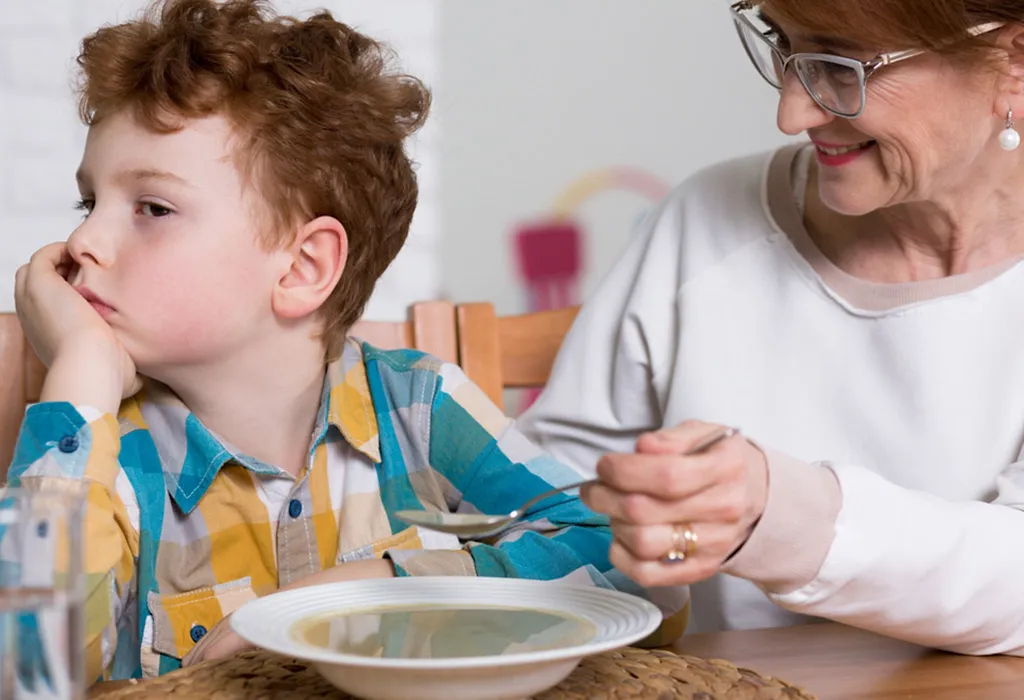
Is Appetite Loss Common Among Toddlers?
The growth spurts and psychological development in toddlerhood can cause appetite to be irregular. This could give a child variable meal intakes per day rather than going through a fixed diet chart. However, one important thing to remember here is that if your little one is gaining weight healthily and steadily at a normal pace, there is no reason to panic about their variable or irregular appetite (2). In case your munchkin has a poor appetite and is also losing weight drastically, then reporting these instances to a paediatrician at the earliest is important (3).
What Are the Major Causes of Loss of Appetite in Toddlers?
While a slow rate of growth may be the leading cause of a loss of appetite in your child, there may also be other reasons for loss of appetite in toddlers. Let’s learn about them in detail .
1. Illness
If your child is sick and has a fever, a sore throat or other symptoms, his appetite during this period as well as during the process of recuperation may be weak (2) (4) (5).
2. Depression or Stress
Sudden changes such as the loss of a loved one can lead to stress and trigger a loss of appetite in your child. It can also lead to him becoming more anxious and aggressive towards others.
3. Eating Junk Between Meals
If your toddler has access to junk food in between meals, then his appetite is bound to drop during mealtimes. It might also lead to him developing a variety of health problems along with obesity.
4. Excessive Intake of Fluids
Drinking too many fluids, except water, in between and during meals can lead to a loss of appetite as your child’s tummy will be full (2)!
5. Anaemia
If your child has anaemia, then he may feel weak and experience a loss of appetite.
6. Lack of Physical Activity
If your toddler isn’t physically active and spends too much time in front of the TV or sitting, it can hamper his digestion, leading to a loss of appetite (2).
7. Food Preferences
Toddler loss of appetite could also be because of their taste or food preferences. As babies get into toddlerhood, they develop food and taste preferences, even for textures. If you force feed the food your toddler does not like, this could lead them to avoid eating the food, ultimately leading to loss of appetite.

How Much Food Is Sufficient for Toddlers?
Here is a chart of nutrients that your toddler needs on a daily basis.
| Food Type | For 2-year-olds | For 3-year-olds | What Can Be Given? |
| Fruits | 1 cup (100-150 gm) | 1 to 1½ cups (150-200 gm) |
|
| Vegetables | 1 cup | 1 to 1½ cups |
|
| Grains | 85 grams | 100-150 grams |
|
| Protein Foods | 55 grams | 85-100 grams |
|
| Dairy | 2 cup | 2 ½ cups |
|
How to Increase a Toddler’s Appetite?
Increasing your toddler’s appetite is a process which involves a lot of patience and observation. Once you identify the reason behind sudden loss of appetite in toddlers, you can cater to the solution accordingly.
Tips to Boost Your Toddler’s Appetite
In case your child is a picky eater, you can use the following tips to try and help develop his appetite (!) (!).
- Let your child decide the quantity – Rely on your child’s appetite centre in his brain and let him decide how much he wants to eat.
- Limit his snacks to two per day – Do not allow more than two snacks per day between mealtimes. Loading up on snacks will decrease your toddler’s appetite.
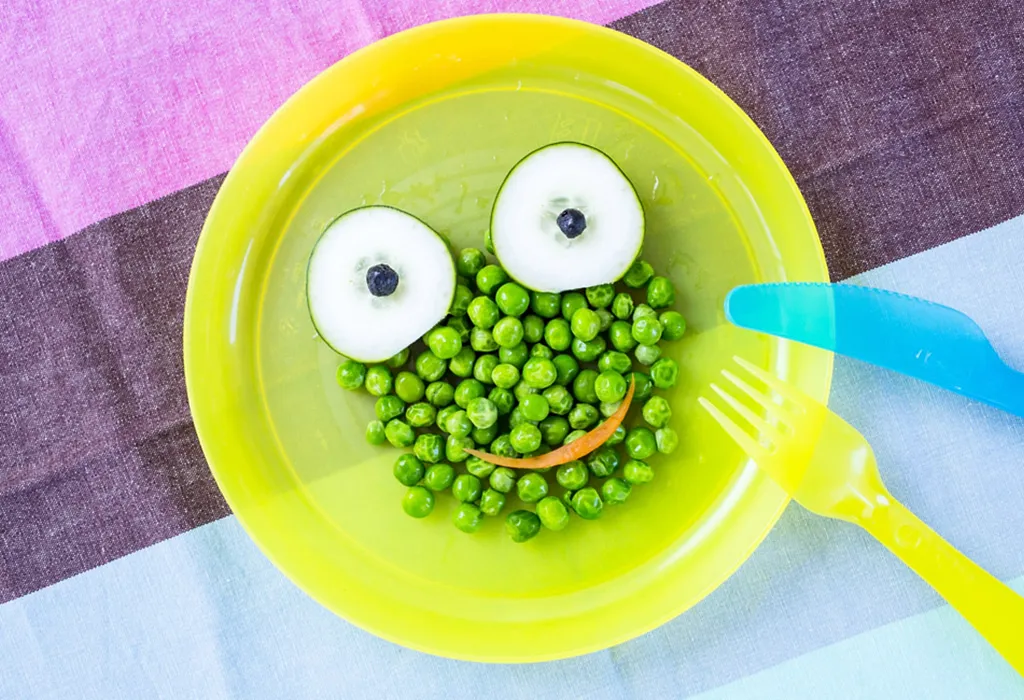
- Limit fluid intake – Put the cap on fluid intake at about 480 ml per day, as fluids (apart from drinking water) contain calories that can make the child feel full.
- Serve different varieties – You can rotate the menu and add new recipes to keep your child interested and also learn about his food preferences.
- Get creative with the presentation – Make food fun with creative shapes and colours or even fancy little plates and cutlery.
- Serve small portions – Smaller portions are less overwhelming to look at and eat, which means your toddler can finish off his plate of food quicker than if you’d serve him large portions. He may even ask for a second serving.
- Fix mealtimes – A fixed timing can regularise your toddler’s appetite and prepare him for meals.
- Make mealtimes a fun family experience – Interact with the entire family during mealtime and make it fun. This can help your toddler look forward to having his food and on time, too. Do not eat your meals in front of the TV.
- Try giving your child more finger foods – Finger foods are easier to get a hold of, even for kids who haven’t learned how to use a spoon.
- Don’t spoon-feed – If your child knows how to eat with a spoon, don’t get tempted to feed him if he isn’t eating. It may come across as force-feeding and will further lead to a slump in his appetite.
- Avoid conversation about eating – Don’t discuss or complain about your child’s eating habits in front of your child, as it may worsen the problem.
- You can consider giving your child daily vitamins – If you are worried about your child’s daily food intake, you can check with a doctor about small doses of vitamins for your child.
What You Should Not Do?
In an attempt to boost your child’s appetite, do not engage in the following:
- Ensure that the snack is not too filling and is also nutritious.
- Do not force-feed or spoon-feed him.
- Never awaken your child to feed him.
- Don’t threaten your child to eat.
- Don’t embarrass or make your child feel guilty.
- Don’t force your toddler to sit on the high chair for a long period of time, in case he hasn’t finished his meal.
When to Consult the Doctor for a Slump in Appetite?
When to worry about loss of appetite in toddlers? If you notice the following things in your child, you may need to consult a doctor as soon as possible.
- He’s losing weight.
- He hasn’t gained weight in the past six months.
- He’s ill with conditions like diarrhoea or fever.
- He vomits when he has certain foods.
- He hasn’t urinated in over eight hours.
FAQs
1. Can teething be one of the reasons for loss of appetite in children?
Yes, a stump in appetite could be because of the teething, which causes swelling and slight pain in the gums, eventually irritating the child and making him avoid any food because of pain while chewing and in general (6).
2. Are there psychological causes for loss of appetite, too?
Yes, according to the American Psychological Association and MedlinePlus, stress and anxiety can be the factors leading to various disturbances in a child’s daily life, including loss of appetite in children, headaches, sleep disturbances, changes in eating habits, mild stomach cramps, and recurrent bedwetting with no evidence of physical illness (7) (8).
3. What kind of supplements can I give to my child to combat loss in appetite?
According to Nutrition and Dietetics, children often are not able to get enough calcium and iron from their diets (9). When there is already a loss in appetite, vitamins can help. However, we advise consulting your child’s paediatrician to learn what vitamins are suitable for your little ones based on their growth requirement. Do not give our child over-the-counter supplements or multivitamins without consulting a healthcare professional.
It is possible that very often, parents can misunderstand the child’s changing needs to be due to a loss of appetite. This is when they tend to fuel the problem further by forcing the child to eat or complaining that their child doesn’t eat. It is essential that you exercise patience if your toddler isn’t consuming the normal amount of food that he usually eats. Check whether his weight and height are appropriate for his age, and you’ll usually notice that there is little to worry about.
References/Resources:
1. McGreal. N; Loss of Appetite (Chapter 174); Textbook of Pediatric Care; American Academy of Pediatrics; https://publications.aap.org/pediatriccare/book/348/chapter-abstract/5774137/Loss-of-Appetite-Chapter-174?redirectedFrom=fulltext?autologincheck=redirected
2. Appetite slump in toddlers; SickKids; https://www.aboutkidshealth.ca/Article?contentid=637&language=English
3. Leung AK, Marchand V, Sauve RS; Canadian Paediatric Society, Nutrition and Gastroenterology Committee. The ‘picky eater’: The toddler or preschooler who does not eat. Paediatrics Child Health; PubMed Central; https://www.ncbi.nlm.nih.gov/pmc/articles/PMC3474391/; October 2012
4. Sore throat and tonsillitis; SickKids; https://www.aboutkidshealth.ca/article?contentid=748&language=English
5. Sore throat and tonsillitis; SickKids; https://www.aboutkidshealth.ca/article?contentid=30&language=English
6. Teething; Healthify He Puna Waiora; https://healthify.nz/hauora-wellbeing/t/teething/
7. Identifying signs of stress in your children and teens; American Psychological Association; https://www.apa.org/topics/stress/children; September 2019
8. Stress in childhood; MedlinePlus; https://medlineplus.gov/ency/article/002059.htm
9. Does My Child Need A Supplement; American Academy of Nutrition and Dietetics; https://www.eatright.org/health/essential-nutrients/supplements/does-my-child-need-a-supplement
Also Read:
Quick & Delicious Toddler Dinner Ideas
Healthy and Tempting Finger Foods for Toddlers
Healthy Snacks You Can Give to Your Toddler When He Feels Hungry
Was This Article Helpful?
Parenting is a huge responsibility, for you as a caregiver, but also for us as a parenting content platform. We understand that and take our responsibility of creating credible content seriously. FirstCry Parenting articles are written and published only after extensive research using factually sound references to deliver quality content that is accurate, validated by experts, and completely reliable. To understand how we go about creating content that is credible, read our editorial policy here.








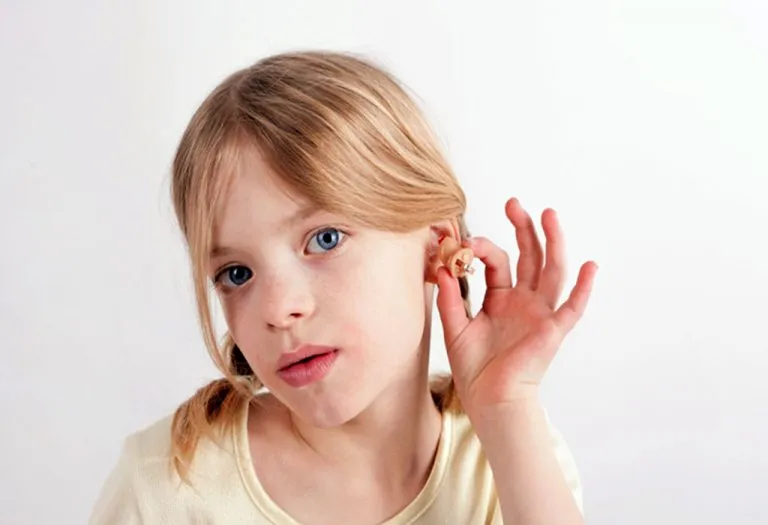

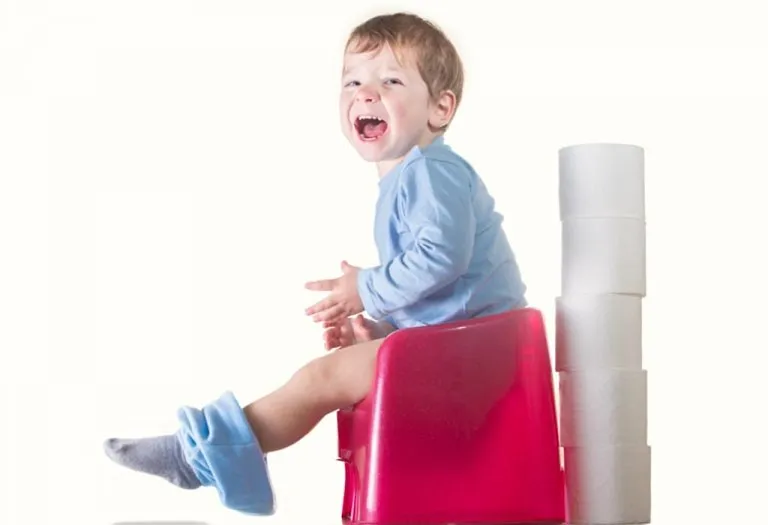
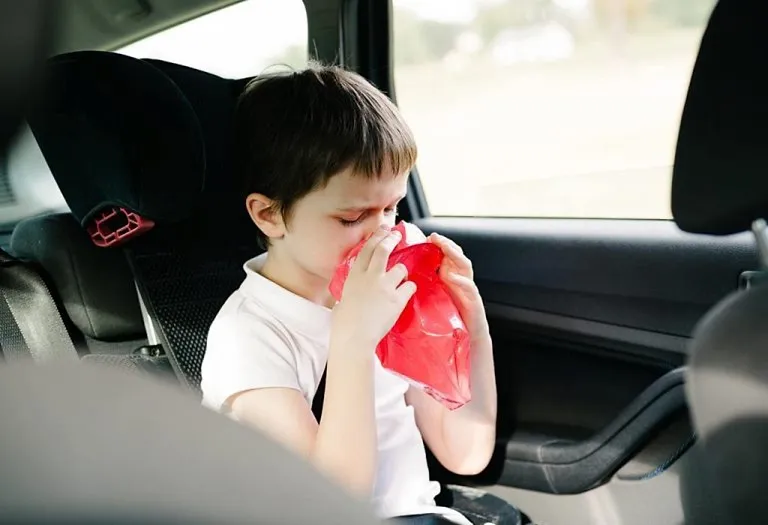



.svg)
















